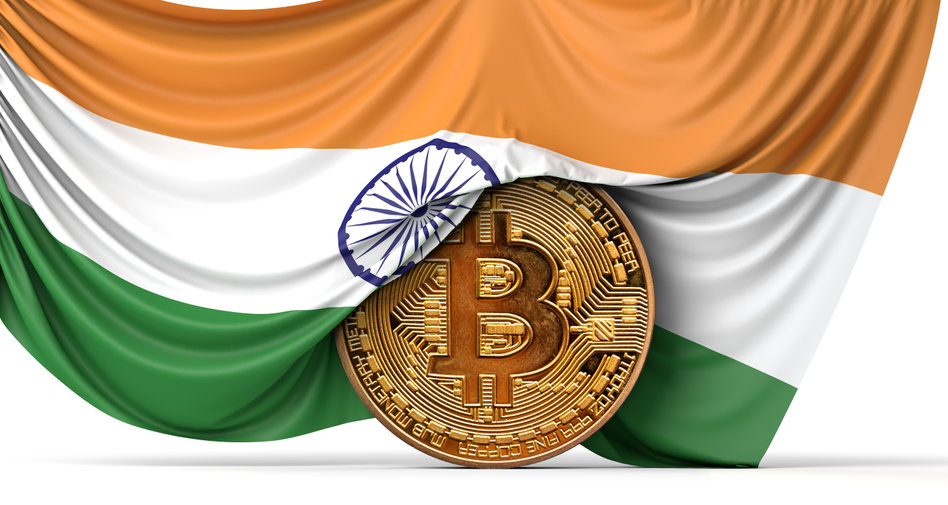
The 30% tax is the highest income tax bracket in India
India will also launch its digital rupee in the financial year 2022-2023, the Finance Minister said.
India will begin levying a 30% tax on all income from cryptocurrency transfers, according to the country’s Finance Minister Nirmala Sitharaman.
In a budget speech delivered on Monday, the minister noted that the 2022-23 financial year will see authorities seek to bring all digital assets transfers and income, including non-fungible tokens (NFTs) under the tax umbrella.
Apart from the 30% levy on gains, India will also have a 1% tax the government official said will be deducted at source (TDS). This levy will apply to payments or fees paid in relation to the transfer of cryptocurrencies, Sitharaman added.
Gifts made in crypto will also be taxed, according to the ministers’ tax proposals, with the taxman targeting recipients of crypto gifts.
According to the Finance chief, losses incurred on cryptocurrency investments will not be offset with gains made elsewhere.
The crypto capital gains tax and other levies appear to show the government has finally recognised crypto in India. It signals a marked shift from the previous calls for a blanket ban, with Changpeng Zhao, the CEO of the world’s largest cryptocurrency exchange by trade volume Binance, among those to point out the likelihood of this development.
Crypto is legally recognized in India, with a 30% tax.
— CZ 🔶 BNB (@cz_binance) February 1, 2022
The 30% tax rate is double that of 15% levied on short capital gains for stocks. However, the crypto community has been quick to point out that India’s proposal falls in one of the tax brackets into which most crypto holders already fall.
30% is one of the income tax slab in India and most of the crypto investors are already in that category.. Just glad #Crypto is officially recognised in India now and yes, tax on payments is just 1% 🙂
— Pawan Sharma | Cross-Chained (@CoinClues) February 1, 2022
Digital Rupee in 2022-2023
India is also ready to roll out a central bank digital currency, the Finance Minister said during the budget speech. According to her, the digital rupee will launch in the 2022-2023 financial year.
"Introduction of a central bank digital currency will give a big boost to digital economy. Digital currency will also lead to a more efficient and cheaper currency management system," she told lawmakers.
The tax proposals and move towards a CBDC come after months of speculation on what path the country was taking as it looks to regulate the burgeoning crypto industry.

